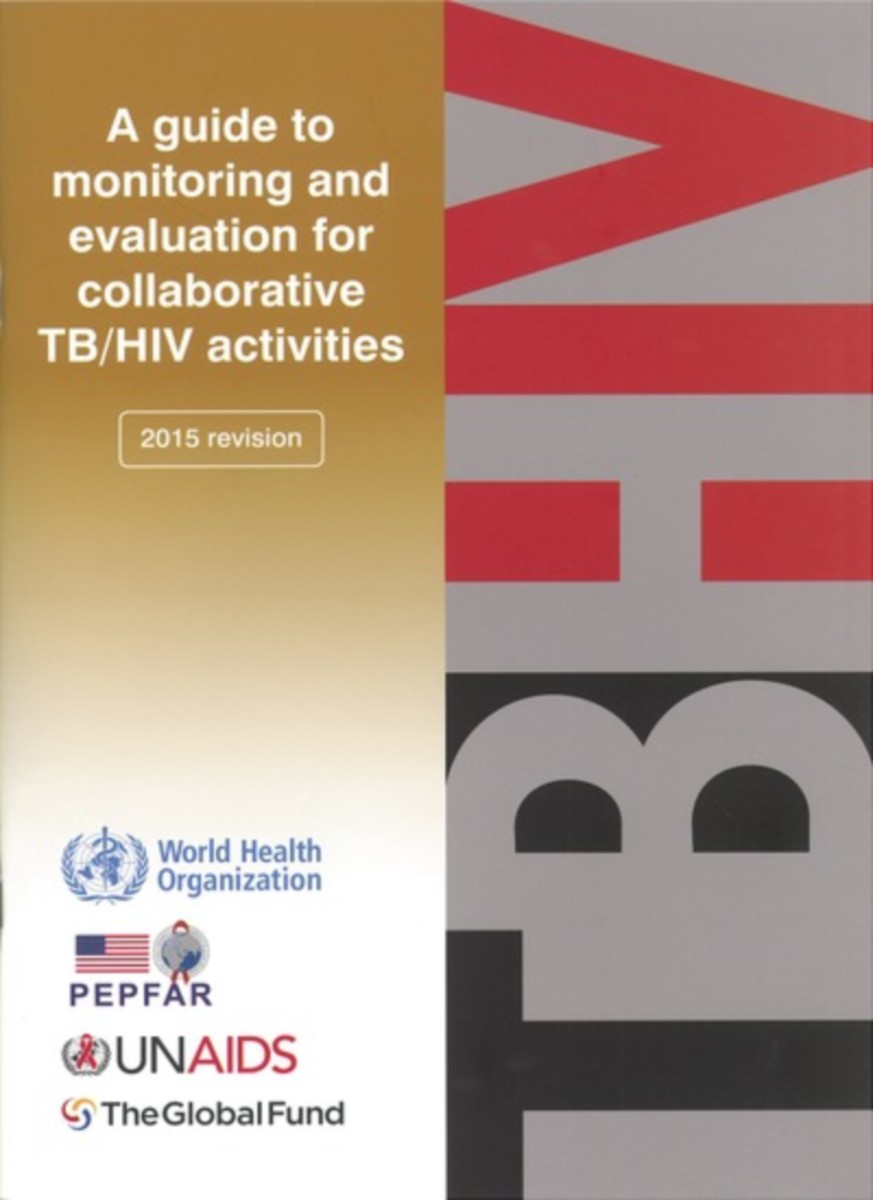Guide to Monitoring and Evaluation for Collaborative TB/HIV Activities 2015 Update
- Publisher
World Health Organization - Published
3rd June 2015 - ISBN 9789241508278
- Language English
- Pages 200 pp.
- Size 8.25" x 11.75"
This guide is developed to assist TB and HIV program managers and other stakeholders in monitoring and evaluation for collaborative TB/HIV activities. It is intended to facilitate collection of standardized data and to help in interpretation and dissemination of these data for program improvement at the national and subnational level. It also aims to ensure consistency of data systems across all the agencies and stakeholders involved in HIV, TB and collaborative TB /HIV activities and avoid duplication of efforts by providing a set of internationally accepted and standardized indicators for monitoring and evaluation of program performance.
Therefore, revision of this guide is harmonized with the revision of PEPFAR TB/HIV indicators (2013), development of the consolidated HIV strategic information guide for the health sector (2014), and the monitoring and evaluation toolkit of the Global Fund to Fight AIDS, Tuberculosis and Malaria (2014). In addition, it is harmonized with the generic data collection tools recommended by WHO for data collection and reporting for the integration of TB, HIV, and maternal and child health program interventions at country level, namely the three interlinked patient monitoring systems for HIV care/ART, maternal and child health/prevention of mother-to-child transmission (MCH/ PMTCT) (including malaria prevention during pregnancy), and TB/HIV (3ILPMS).
This guide is intended for policy-makers within ministries of health and other institutions, and stakeholders that have an impact on health, including HIV and TB control program managers at all levels; national, subnational and district TB/HIV coordinators or members of coordinating bodies; and staff of development and technical agencies, nongovernmental organizations (NGOs), and civil society and community-based organizations (CBOs) involved in supporting collaborative TB/HIV activities.
World Health Organization
World Health Organization is a Specialized Agency of the United Nations, charged to act as the world's directing and coordinating authority on questions of human health. It is responsible for providing leadership on global health matters, shaping the health research agenda, setting norms and standards, articulating evidence-based policy options, providing technical support to countries, and monitoring and assessing health trends.


